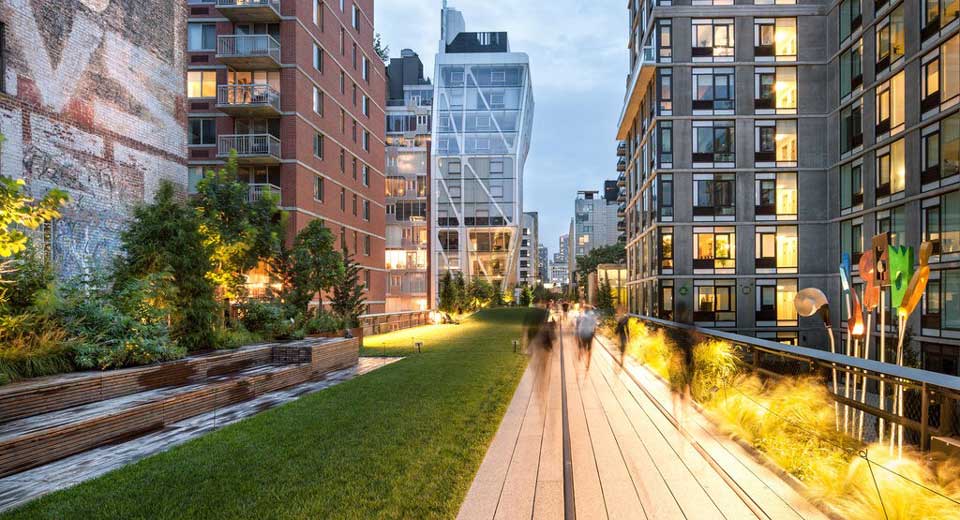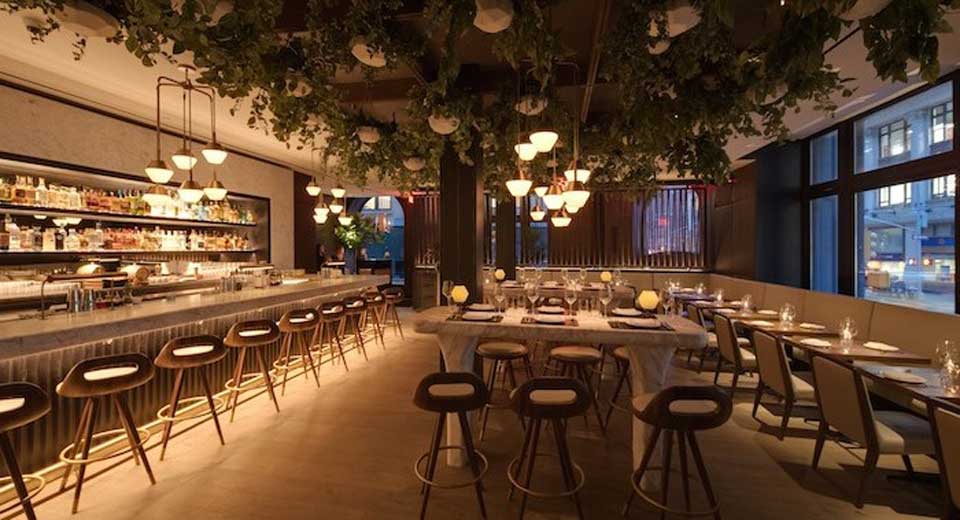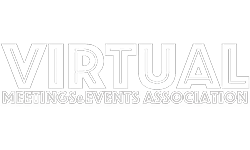Checking out a venue’s potential for a conference, meeting or event is much different than checking out a venue for a leisure stay. For planners early in their career, it can be overwhelming to remember what to ask and what to look for when you’re inspecting a space. Your time is valuable, so you want to maximize the minutes you spend on-site by making your visit as productive as possible. Here are six tips to keep in mind when you’re doing your next site inspection.
1. Give your planning partner the full picture
Many meeting planners will be coy about their budget and other needs on an initial site visit, but that’s not always smart. By being open and honest about what you have to work with—in addition to your target dates and space requirements, as well as your audience size and demographic—your potential venue partner can better understand what you’re looking for and determine whether their space can fit your needs. Look at venue sales team as allies to help you accomplish all the objectives of your meeting or conference.
2. Don’t forget to sit

It’s easy to immediately begin to walk and talk once you’ve arrived at a venue, eager to check out the spaces and all the bells and whistles it has to offer. However, it’s important to put yourself in the attendees’ shoes. They likely won’t be walking the entire venue throughout your event—chances are, they’ll be sitting in chairs for education and general sessions for a majority of the time. Consider this as you move through each space, and physically put yourselves in their position by sitting and reflecting on how a space looks and feels from various vantage points.
3. Ask all your questions
Sure, there’s time to follow up via email afterward, but you should maximize your time with the venue’s team by asking as many questions as you can think of while you’re face to face. Come armed with tools to take notes—whether that be through an app such as Evernote on your phone, or a old-fashioned Moleskine notebook and pen—and record your personal impressions of details, along with their answers to questions. Things like F&B minimums, attrition, parking, Wi-Fi, resort fees and more should all be addressed; don’t assume that anything is included.
4. Plan enough time

We get it: If you’re visiting a city for only a few days and have half a dozen venues to check out, it’s tempting to slot in one every two hours to check them off the list. However, depending on how big your conference or meeting is and how much ground you’ll need to cover at each, make sure to budget in enough time so you don’t feel rushed and have ample time to check out every last detail that you need. To make the process more efficient, map out the items you want to inspect in each type of space (meeting room, hotel guest room, ballroom) in advance and calculate how long it might take to check them off your list.
5. Meet with the right people
It’s a given that a sales manager will usually accompany a planner on site visits, but it’s a great idea to also ask for an event service professional and someone from the in-house AV provider (if applicable) to join, as well. They’ll likely be able to better answer your specific questions on each space, and provide example scenarios and setups from previous meetings or conferences that may give you insight into whether the space will work for you.
6. Think small

Of course, you need to make sure the venue is large enough, can accommodate your AV needs, will be appealing to your audience, etc. However, it’s important to also look beyond the big picture at small details that show how well a space is operated and taken care of. For example, are the elevator doors scuffed? Is paint peeling off the doorframes? Are light switches grimy? Depending on the type of event you’re planning, your attendees may take special notice of these things—say, if you’re planning a retreat for your C-suite, you don’t want complaints about room quality before the event even begins. Attention to detail matters greatly, both on your side and the venue’s side.









